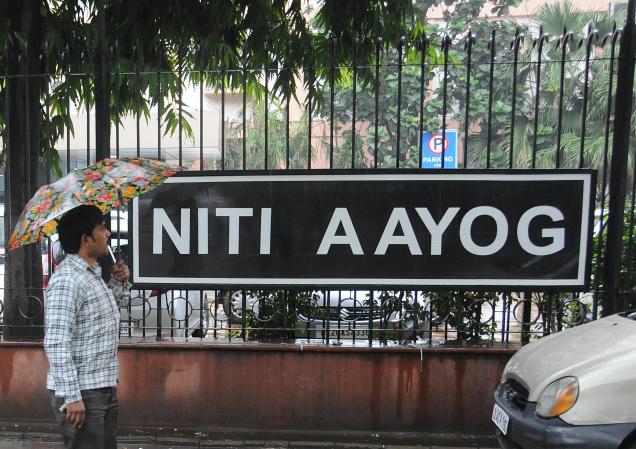
NEW DELHI: NITI Aayog (The National Institution for Transforming India Aayog) is preparing a road map to implement the Make in India programme in a manner that will give India an edge over its competing neighbours and prove sustainable over the long term.
A senior official at the central government’s premier think tank told Economic Times that the institution will soon come out with a blueprint for various technological interventions that need to be taken up by different sectors of the manufacturing economy to ensure that India does not lose out to countries such as Bangladesh and Vietnam in scale as well as technological advancement.
“The trajectory of Indian manufacturing has to go to a different level. Hence, there is a need to revamp our manufacturing process by using next generation technology to stay competitive and ahead of other south-east Asian countries,” the official said, requesting not to be identified. According to the official the focus of the suggestive paper, which is expected to be ready by the beginning of the next fiscal after due consultation with all stakeholders, will be on a shift towards green manufacturing, digital manufacturing and additive manufacturing.
Green manufacturing will involve manufacturing of green products, particularly those used in renewable energy systems and clean technology equipment of all kinds, and the “greening” of manufacturing, thereby reducing pollution and waste by minimising use of natural resources and recycling of waste. “It holds potential economic benefits including longterm cost savings, waste reduction and process efficiency improvements,” the official said.
Additive manufacturing, often referred to as beginning of a third industrial revolution, refers to various processes used to synthesise a three-dimensional object while in digital manufacturing or computer-integrated manufacturing functional areas such as design, analysis, planning, purchasing, cost accounting, inventory control and distribution are linked through the computer with factory floor functions such as materials handling and management, providing direct control and monitoring of all the operations.
The Aayog feels that a shift in manufacturing focus from traditional methods to scientific methods will help in substantially reducing the turnaround time, help India scale up its manufacturing and finally pitch itself in the global market as a “green manufacturing” country.
“India has to do things differently to stay ahead and hence moving on to higher technologies, as is being done by the United States, is the need of the hour if we want Make in India initiative to be a success,” the official said.